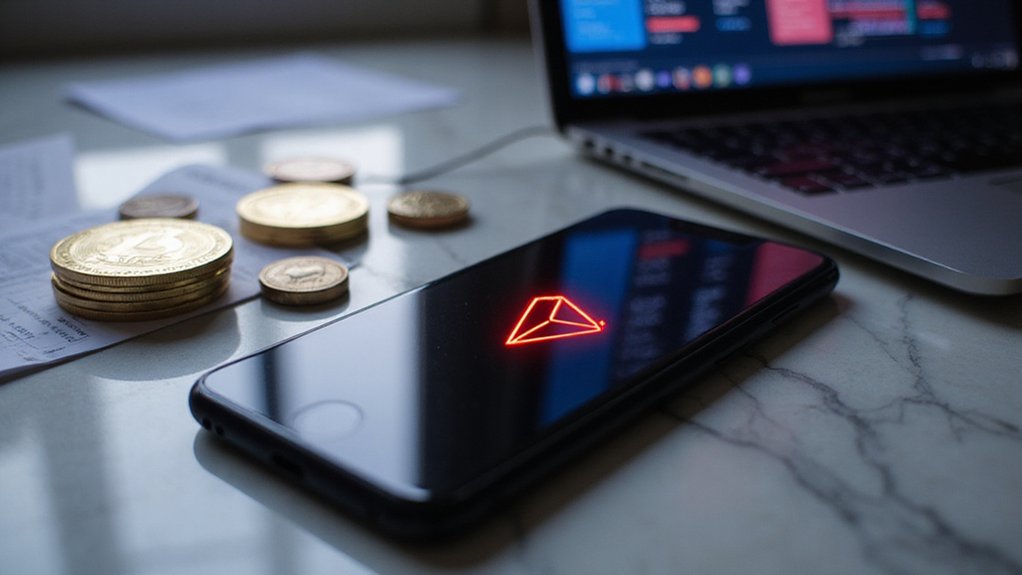The Nordic cryptocurrency firm K33 has decided to join the increasingly crowded ranks of public companies treating Bitcoin as a treasury asset, raising 60 million Swedish krona ($6.2 million) through a combination of interest-free convertible loans and equity instruments—because apparently nothing says “prudent financial management” quite like converting your entire cash raise into the world’s most volatile digital asset.
The funding structure reveals some fascinating financial engineering: 45 million SEK arrives via interest-free convertible loans maturing in June 2028, while the remaining 15 million comes through new shares paired with free warrants.
Should investors exercise all conversion options, K33 could theoretically access up to 75 million SEK—a meaningful war chest for what CEO Bull Jenssen confidently predicts will be “the best-performing asset over the coming decade.”
What distinguishes K33’s approach from typical corporate Bitcoin adoption is the operational integration strategy.
K33 isn’t just hoarding Bitcoin—they’re weaponizing it as both treasury asset and operational inventory for customer products.
Rather than simply parking excess cash in digital gold, the firm plans to weave Bitcoin into its existing brokerage operations, launching new financial products targeting Nordic markets.
This creates an intriguing feedback loop: Bitcoin holdings generate potential treasury gains while simultaneously serving as inventory for customer-facing products.
The timing reflects broader institutional acceptance, with K33 following established precedents set by companies like MicroStrategy and Tesla (though perhaps with less theatrical fanfare).
The interest-free nature of their convertible debt suggests investor confidence in both the strategy and Bitcoin’s trajectory—or possibly collective amnesia regarding cryptocurrency’s historical volatility patterns.
K33’s move represents more than opportunistic speculation; it signals a fundamental shift in treasury management philosophy among crypto-native companies.
By committing their entire raise to Bitcoin accumulation, they’re fundamentally betting that traditional cash management—with its paltry yields and inflation erosion—represents greater risk than cryptocurrency exposure. This approach contrasts with emerging opportunities in the crypto space, where companies like Kaanch Network are attracting investors with high yields during their presale staking phase, offering up to 119 percent APY.
The real test will be whether K33 can maintain operational flexibility during inevitable Bitcoin drawdowns.
Converting working capital into a volatile asset while simultaneously expanding service offerings requires either exceptional market timing or robust risk management frameworks. With Bitcoin trading at around $108,000, the company’s allocated funds could potentially secure approximately 57 BTC for their treasury strategy.
Their four-year loan maturity provides breathing room, but the Nordic cryptocurrency market’s response to their Bitcoin-backed product innovations will ultimately determine whether this bold treasury experiment becomes a template for industry peers or a cautionary tale about conflating speculation with strategy. Market reactions to corporate Bitcoin adoption have varied dramatically, with K33’s stock experiencing a muted 1.96% decline following the announcement compared to more volatile responses seen by other companies making similar treasury moves.









